Date & Time
Friday, July 2nd | 13:30-14:50 CEST, 07:30-08:50 EDT, 21:30-22:50AEST
Check your timezone here
Description
Modern cities are datafied cities: data – and the more visible manifestations on platforms and apps – play a key role in commercial interactions, public policies and social contacts between people. The proliferation of (big) data is spurring a research and design agenda that aims to improve the management of so-called ‘smart cities’. Less research has so far centered on the relationship between data, local governance and social equity; the fair, just and equitable distribution of public services. The nature of datafied systems, the power relations and the values embedded in various urban systems have a major impact on the inclusiveness of the city. A key challenge, therefore, is to make sure that datafication in practice does not promote the interests of the few but peoples’ collective interests to fully participate in (urban) society. How for example can data aid in strengthening civic participation and public values in the smart city? Or how can the use of data lead to more equitable outcomes for citizens?
In this Symposium, we will showcase some of the research conducted by members of our special interest group at Utrecht University on inclusion in the datafied city, focusing on urban mobility, public policy and smart city futures. We will use these cases as a provocation to involve the audience in exploring together with us the diverse meanings of the notion of inclusion and (re)conceptualise it in relation to datafied cities. We welcome participants from various regions and research contexts to contribute.
Scheveningen district by equipping lampposts in the area with sensors and network connectivity. Following a user-centric process, we investigated potential use cases of the infrastructure. We explored the potential of distributed conversational speech interfaces in lampposts.
We used Research through Design (RtD) as a method to conduct our research. RtD is a form of action-driven research that generates knowledge by creating and evaluating designs and prototypes. We evaluated our concept by building a series of three prototypes that allowed test subjects (e.g. local citizens) to experience an engaging interaction that helped them envision potential use cases and reflect on possible social aspects and consequences of the experience.
We also explored the opportunities and limitations of an AI-driven speech interface (Google Speech Software and Dialog Flow) that was needed to enable the dialog with our prototype. Realizing a fully functional prototype with readily available hardware components was an important part of our research and design process.
Experimenting with the lamppost prototypes has given a broad insight not only into the usefulness of a conversational agent in public spaces but especially into the diversity and nuance in public acceptance.
In our session, we will give a live demonstration of the current prototype of our device. We will show the functionality, explain the hardware and software, and give an impression of our design process.
Organizers
Anae Sobhani
Corelia Baibarac-Duignan
Erna Ruijer
Michiel de Lange
Organized by Utrecht Univeristy
More info and contact
M.L.deLange@uu.nl
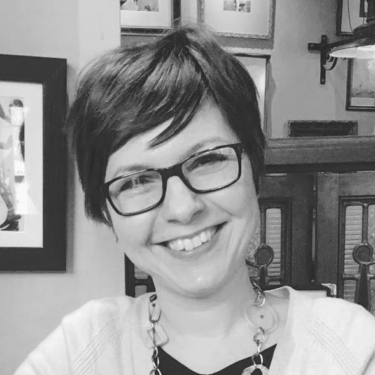
Corelia Baibarac-Duignan
Corelia is a postdoctoral researcher at the Department of Media and Culture Studies.
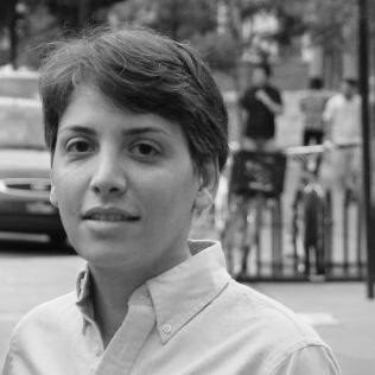
Anae Sobhani
Dr. Anae Sobhani is an assistant professor in the Department of Human Geography and Spatial Planning at Utrecht University
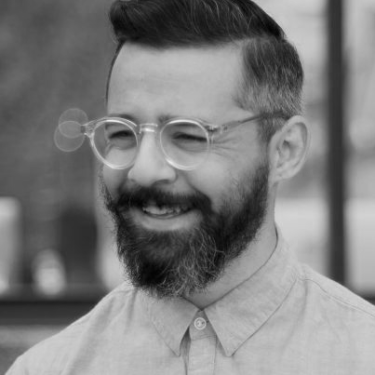
Dave Colangelo
Dave Colangelo is an artist, educator, and researcher based in Toronto, Canada. He is a founding member of Public Visualization Studio.
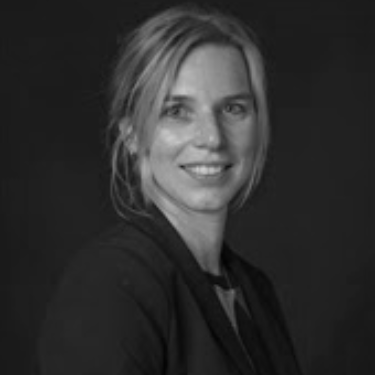
Erna Ruijer
Assistant professor at the Utrecht University School of Governance

Olamide Udoma-Ejorh
Olamide Udoma-Ejorh is Director at the Lagos Urban Development Initiative, an urban activist, researcher, filmmaker and writer. She is currently involved in governance and social issues within the urban environment of Lagos and is an advocate for sustainable transportation and social engagement within urban spaces
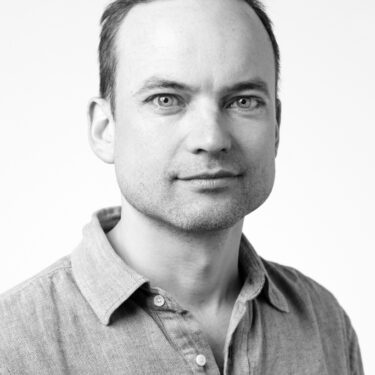
Michiel de Lange
Assistant Professor in New Media Studies at Utrecht University and co-founder of The Mobile City
